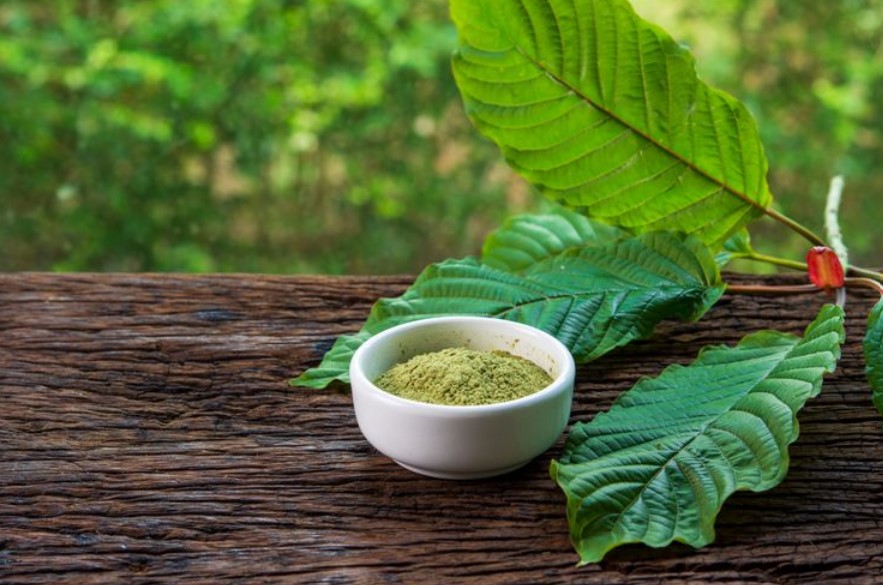
18
noviembre3 Facts Everyone Should Know About Kratom For Energy
Introduction
Kratom, a plant native to Southeast Asia, has gained popularity in recent years for its potential medicinal properties. Users claim that it can help alleviate pain, improve mood, and boost energy levels. In the event you loved this article and you would want to receive more info about Indo kratom (https://stnav.com/steviegrimley8/6633white-vein-kratom/wiki/Theres-Massive-Money-In-Powerful-Kratom-Alkaloids) assure visit the internet site. However, due to its controversial legal status and potential for addiction and abuse, many people are seeking out alternatives to kratom for pain management and overall wellness. In this article, we will explore some of the alternative options available and their potential benefits.
- CBD (Cannabidiol)
One of the most popular alternatives to kratom is CBD, a non-intoxicating compound derived from the cannabis plant. CBD has gained recognition for its potential therapeutic benefits, including pain relief, reducing inflammation, and promoting relaxation. Unlike kratom, CBD is legal in most parts of the United States and does not produce the same euphoric effects.
Research suggests that CBD interacts with the body's endocannabinoid system, which plays a crucial role in regulating functions such as pain, mood, and sleep. By influencing the receptors in this system, CBD may help to alleviate chronic pain and improve overall well-being.
CBD is available in various forms, including oils, edibles, and topical creams. It is important to note that the quality and potency of CBD products can vary, so it is essential to choose a reputable manufacturer and consult with a healthcare professional before using CBD for pain management.
- Turmeric
Turmeric is a spice commonly used in Indian and Southeast Asian cuisine, known for its vibrant yellow color and potent anti-inflammatory properties. Curcumin, the active compound in turmeric, has been studied for its potential ability to reduce pain and inflammation in conditions such as arthritis, musculoskeletal injuries, and digestive disorders.
Many people use turmeric supplements or incorporate the spice into their diet to reap its health benefits. While turmeric may not provide the same immediate effects as kratom, it offers a natural and safe alternative for long-term pain management and overall wellness.

- Kava Kava
Kava Kava is a traditional herbal remedy derived from the roots of the Piper methysticum plant, native to the South Pacific islands. It has been used for centuries in ceremonies and social gatherings for its relaxing and mood-elevating effects. Kava Kava is believed to relieve anxiety, promote relaxation, and improve sleep quality.
Unlike kratom, which can have stimulating effects, kava kava is known for its sedative properties, making it a popular choice for those seeking to unwind and reduce stress. However, it is essential to use kava kava responsibly and avoid mixing it with alcohol or other substances that may enhance its effects.
- Akuamma
Akuamma (Picralima nitida) is a plant native to West Africa, known for its analgesic and anti-inflammatory properties. The seeds of the akuamma tree contain alkaloids that are believed to act on the body's opioid receptors, similar to kratom. Akuamma is often used as a natural remedy for pain relief, anxiety, and insomnia.
Akuamma seeds can be ground into a powder and encapsulated for convenient consumption. While akuamma may not be as well-known as kratom, it is gaining popularity among individuals seeking alternatives to traditional opioids for pain management.
- White Willow Bark
White willow bark has been used for centuries as a natural remedy for pain and inflammation. It contains salicin, a compound that is converted into salicylic acid in the body, similar to the active ingredient in aspirin. White willow bark is often used to alleviate headaches, muscle and joint pain, and menstrual cramps.
While white willow bark may not provide the same immediate pain relief as kratom, it offers a gentle and safe alternative for long-term pain management. It is available in various forms, including teas, tinctures, and capsules.
Conclusion
While kratom has gained popularity for its potential medicinal properties, it is essential to be aware of its risks and legal status. For those seeking alternatives to kratom for pain management and overall wellness, there are several natural remedies and supplements available that may provide similar benefits without the potential for addiction and abuse.
CBD, turmeric, kava kava, akuamma, and white willow bark are just a few of the many alternatives to consider. It is crucial to consult with a healthcare professional before trying any new supplement or herbal remedy to ensure it is safe and appropriate for your individual needs.
 By exploring these alternatives and making informed choices, individuals can find effective ways to manage pain and improve their overall well-being without relying on kratom or other potentially harmful substances. Remember to prioritize your health and seek out natural solutions that align with your values and goals for a healthier life.
By exploring these alternatives and making informed choices, individuals can find effective ways to manage pain and improve their overall well-being without relying on kratom or other potentially harmful substances. Remember to prioritize your health and seek out natural solutions that align with your values and goals for a healthier life.

Reviews